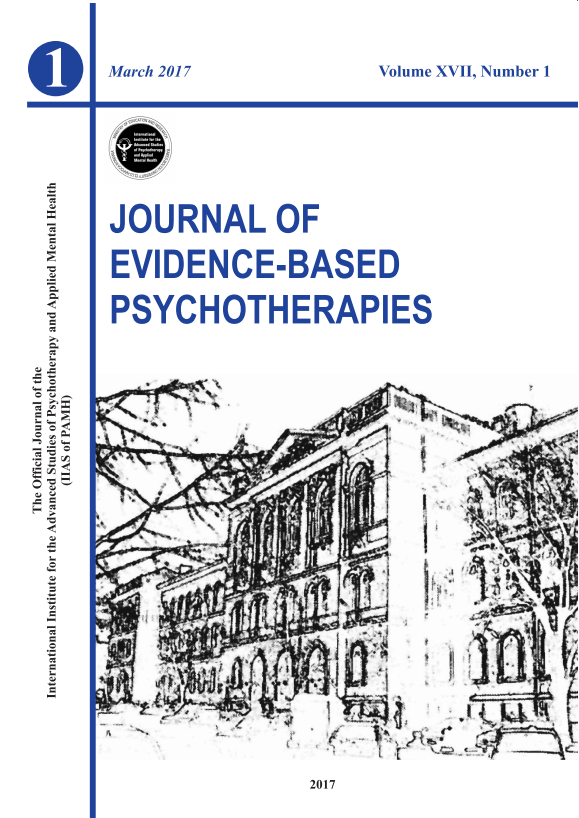jorgee.torresl@konradlorenz.edu.co
Jorge Enrique Torres Lancheros1*, Juan Camilo Vargas Nieto2, Stephanie Arcila Ibarra3
1 Escuela de posgrados, Facultad de psicóloga, Fundación Universitaria Konrad Lorenz, Bogotá, Cra. 9 Bis #No. 62 – 43, Colombia. Dirección E-mail: jorgee.torresl@konradlorenz.edu.co. ORCID: https://orcid.org/0000-0002-5853-7674
2 Escuela de posgrados, Facultad de psicóloga, Fundacion Universitaria Konrad Lorenz, Bogotá, Cra. 9 Bis #No. 62 – 43, Colombia. Dirección E-mail: juanc.vargasn@konradlorenz.edu.co. ORCID: https://orcid.org/0000-0001-6380-475X
3 Escuela de posgrados, Facultad de psicóloga, Fundación Universitaria Konrad Lorenz, Bogotá, Cra. 9 Bis #No. 62 – 43, Colombia. Dirección E-mail: stepharcila93@gmail.com. ORCID: https://orcid.org/0000-0002-5717-2781
Abstract
The present study aimed to evaluate the effect of a brief protocol that consisted in 4 sessions based on the Mindful Self-Compassion (MSC) program administered as a group intervention in an online format, on indicators of self-compassion, self-efficacy, self-criticism, depression, anxiety, stress, mindfulness, rumination and worry. A pretest-posttest experimental design was used with a wait-list control group with random assignment. The sample consisted of university students (N= 35) who received the modified MSC program. Results suggest that the program increased indicators of self-compassion (d= 1.603), self-efficacy (d= 0.655) and mindfulness (rB = 0.954), and reduced levels of depression (rB= 0.980), stress (d= 1.050), rumination (d = 0.626) and worry (d= 1.077). The implications of brief self-compassion-based interventions as an effective strategy for addressing emotional issues in college students are discussed.
Keywords: Mindful Self-Compassion, compassion, self-criticism, emotional symptoms, rumination, worry.
Please cite this article as: Torres Lancheros, J. E., Vargas Nieto, J. C., & Arcila Ibarra, S. (2023). MINDFULNESS AND SELF-COMPASSION DECREASE EMOTIONAL SYMPTOMS, SELF-CRITICISM, RUMINATION AND WORRY IN COLLEGE STUDENTS: A PRELIMINARY STUDY OF THE EFFECTS OF GROUP SELF-COMPASSION-BASED INTERVENTIONS. Journal of Evidence-Based Psychotherapies, 23(2), 1-24.
DOI: 10.24193/jebp.2023.2.8
Published online: 2023/09/01
Published print: 2023/09/01
